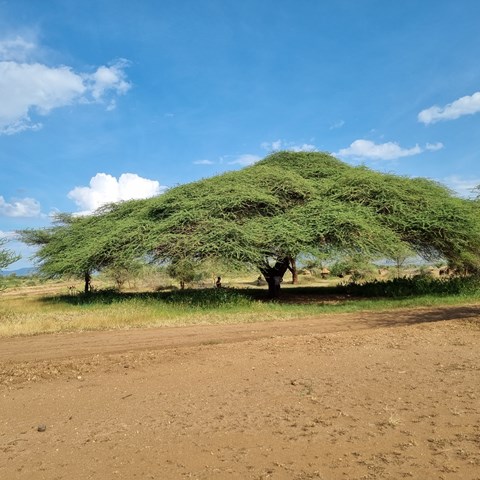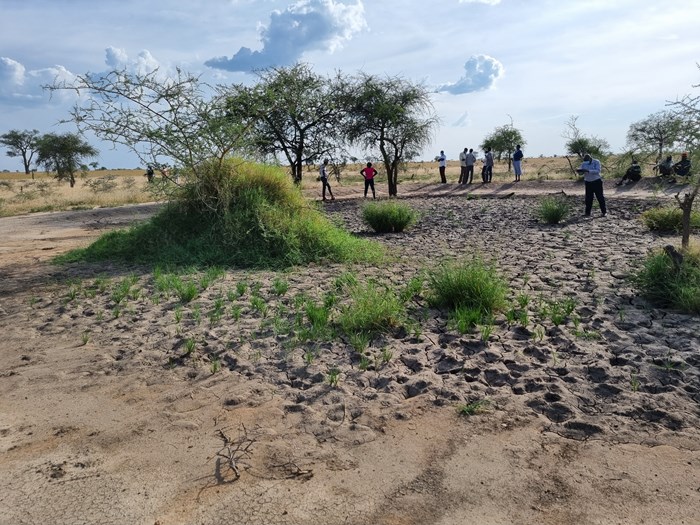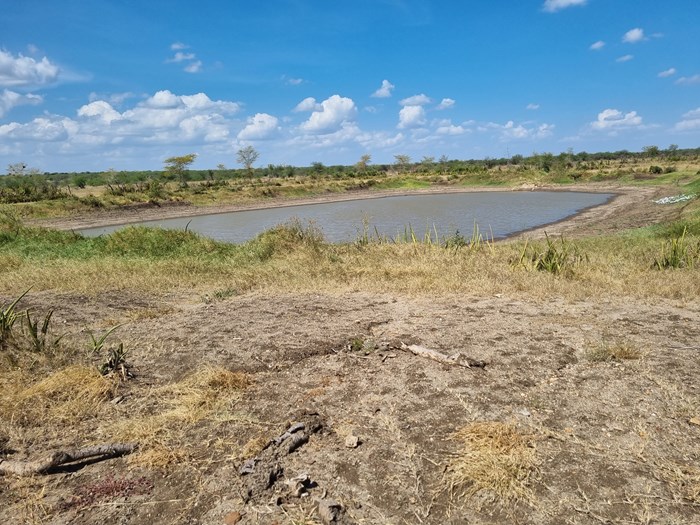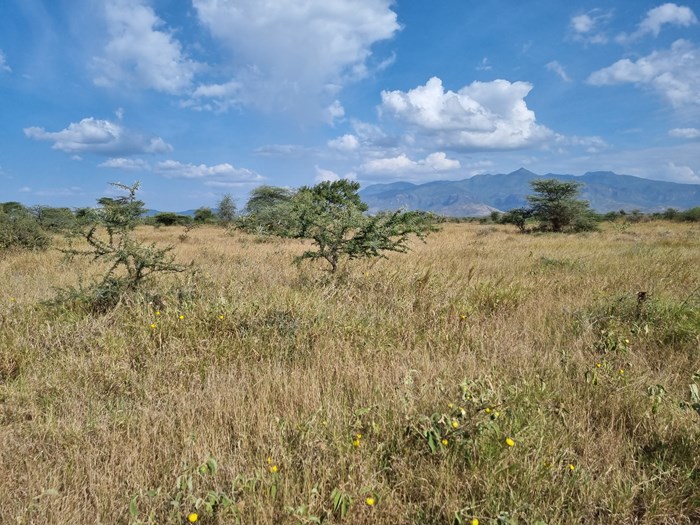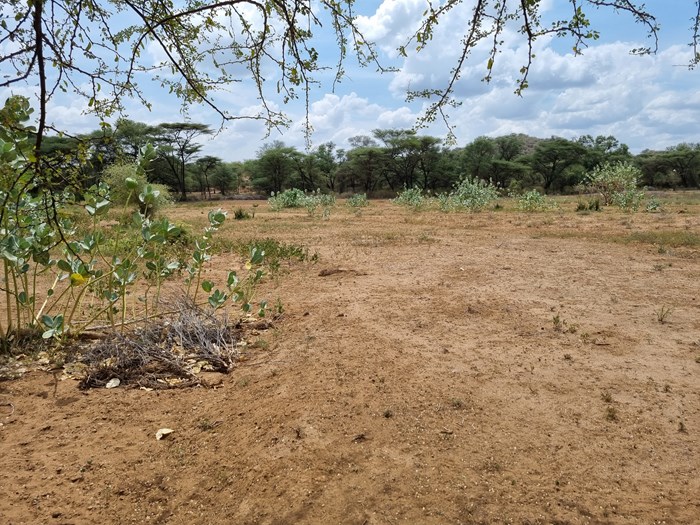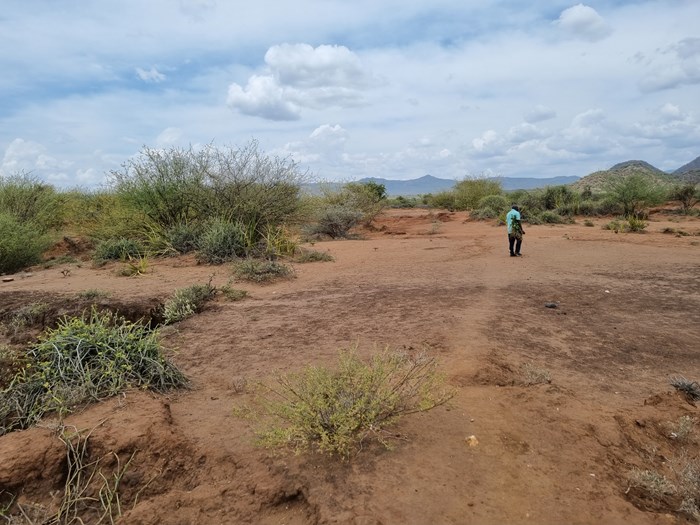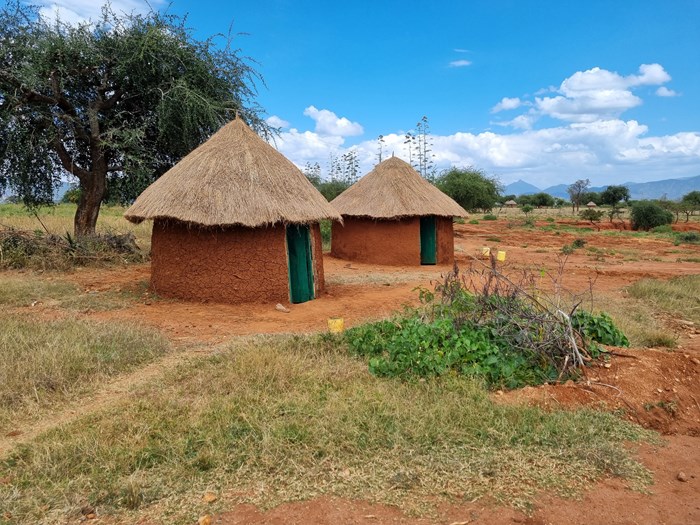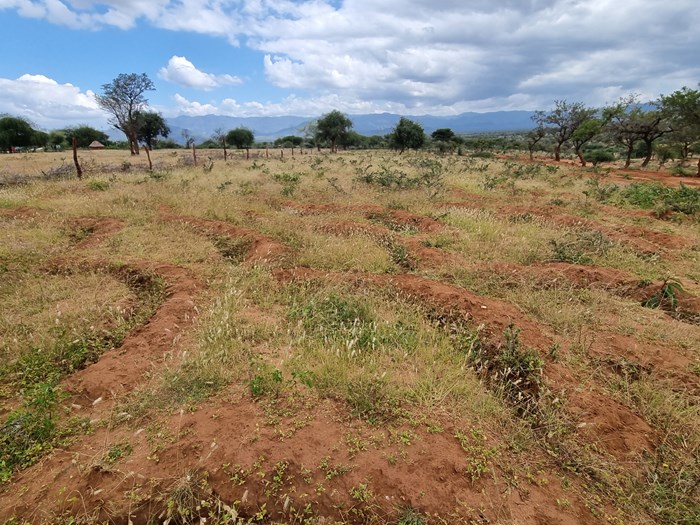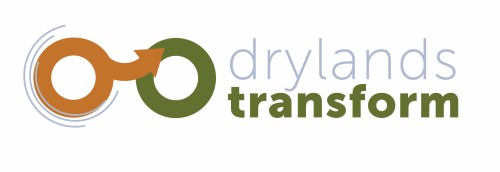Every year has its own challenges and this year Covid-19 has been one of them. However, during 2021 Drylands Transform has started work in four study sites in the borders of Kenya and Uganda and the project has also grown substantially by welcoming new team members and partners.
2021 is coming to an end and we have all been forced to be flexible due to Covid-19 related restrictions. Therefore many of the members in Drylands Transform have not yet been to the areas of the project. But still, and thanks to a strong collaboration, the work is ongoing and the project is already well received and founded in the four project sites in Kenya and Uganda. During 2021 a lot of work has been going on. Just to mention some examples:
- Half of the Land Health survey has been carried out using the Land Degradation Surveillance Framework showing e.g. the prevalence of erosion and the current vegetation cover.
- Four sites for research and multi-stakeholder collaboration have been discussed and agreed with County and District officials. Locations for Livestock Cafés forming the knowledge sharing hubs for Drylands Transform and the sites for field trials with forage species have been negotiated with the local communities and land demarcated, and fencing and building of houses is ongoing in all sites at different stages.
- Data collection through using a household survey has been planned and the questionnaire developed. It will cover topics such as land use and ownership, livestock and crop management, nutritional and food habits, health indicators, climate risks and crisis, etc.
- Building partnership and multi-stakeholder engagement has been initiated through the project website, twitter account and spreading of a brochure to further give voice to the project.
- The research team has also grown to include 4 Postdocs, 6 PhD students, 6 MSc students and 2 field liaison officers apart from the 14 researchers that were part of the initial team.
With this, we are all looking forward to 2022 and all partnerships and activities that will be continued and initiated.
The four research and engagement sites:
The Livestock Café site in Poron, Uganda (formerly referred to as Matany since it changed name) is flat and have dense black cotton soils. There was a partly silted water dam, which could be restored to keep water for longer periods of the year. In November, there was quite good grass cover and a very sparse tree cover.
Rupa in Uganda is mostly flat and drier than Poron, but also relatively good grass cover. It should be noted though that grazing pressure was unusually low due to recent livestock raids in the area. However, the security situation had improved and livestock were expected back any day. The site also included a dam and a structure for livestock spraying.
Lokiriama in Kenya is not very far from Rupa or the national border, but the quality of the roads still makes it a long trip. Lokiriama is clearly the driest of our sites, with very sparse grass vegetation. People regularly migrate to Uganda with their livestock. The Livestock café site is situated along a seasonal river and parts of the area are therefore likely to be flooded for short periods of time.
In Chepareria, Kenya, the site is divided in two parts, one with established houses and hay-barn largely for demo purposes, knowledge sharing and exchange. This site is partly seriously eroded and some work has already been done this year to reduce erosion and to improve grass production. An interesting, but also quite challenging site. The other part of the site is on a slight slope, heavily grazed and with low grass cover during the visit in November.
